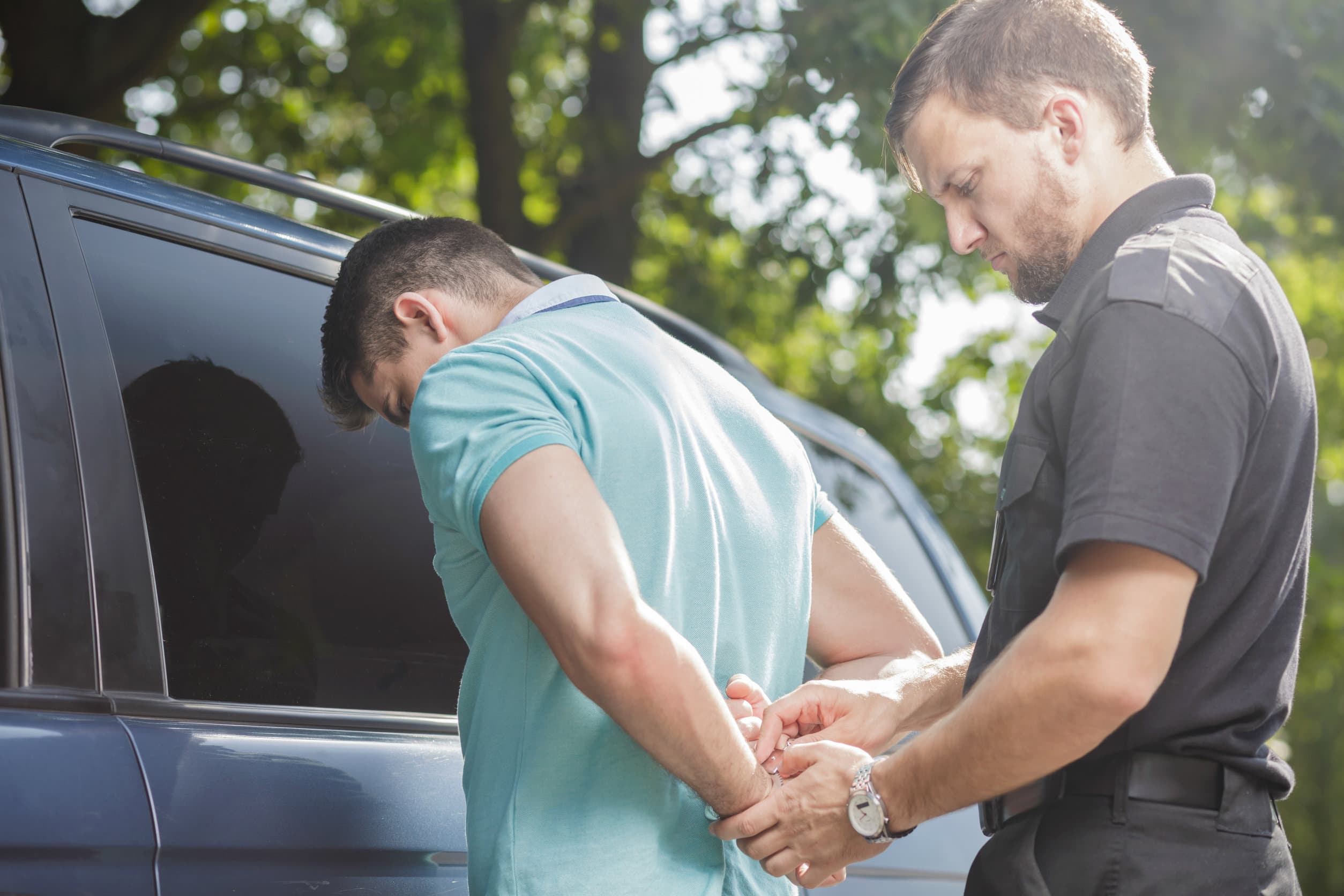Sometimes things happen quickly before you can think. Instinct kicks in. The problem is: An action you may not have intended to take could land you in serious trouble in Colorado – and end in charges that include domestic violence as an aggravating factor.
The truth is that normal people end up with domestic violence charges all the time. It’s not simply one type of person or certain couples that have to deal with charges like this. Part of how this occurs is Colorado’s position as a mandatory arrest state when it comes to domestic violence.
If you find yourself having committed what the police label domestic violence unintentionally, then you should read on to find out more, including how to best defend yourself against these charges.
Domestic Violence in Colorado
In Colorado, domestic violence is not a standalone charge. Instead, it’s an enhancement to a charge or what is typically considered an “aggravator.” It can increase the penalties for an offense and require the person convicted to jump through some extra-legal hoops, such as completing a drug and alcohol evaluation.
The state of Colorado defines domestic violence as a threatened or perpetrated act of violence against someone with whom the perpetrator has an intimate relationship. Control, intimidation, coercion, and revenge directed against someone are often seen as domestic violence if you’ve dated or been married – or if you share a child together.
Mandatory Arrest
One of the biggest factors that separate Colorado from other states regarding domestic violence is that it’s a mandatory arrest state. If officers are called to a scene for possible domestic violence, then they have to assess the situation and determine if there is probable cause to suspect domestic violence has taken place.
How is this determined? They look at:
- Any past calls to the residence
- Injuries sustained by any party present
- The likelihood of injuries occurring in the future
- Whether or not the actions taken were in self-defense
The intention of this law, when passed, was only to help people. However, it seems that, in practice, it has created problems and unintended consequences for many. Domestic violence charges can now be brought against someone for actions that would not have triggered an arrest in the past, such as the unintentional breaking of an item during an argument.
How to Defend Against Domestic Violence Charges
Domestic violence charges will result in being drawn into the Colorado court system, where a judge assesses many different factors in a case, such as testimony from the victim or witnesses, the evidence presented by police, and your criminal history. If you want to claim that an act was an accident, then you have to be able to back it up with evidence. That’s why you need a skilled attorney on your side to help you formulate the best defense for your case.

If you are not guilty of domestic violence, that’s a good defense. However, your attorney has to be able to demonstrate why it’s true and convince the court of that – or somehow show that the person who accused you of the domestic violence is lying.
Self-defense is another common one that people employ, but it’s an affirmative defense where you are admitting to certain behavior, so it can be risky. The key is to make sure you show the court how the acts perpetrated were done so in self-defense.
About the Author:
Kimberly Diego is a criminal defense attorney in Denver practicing at The Law Office of Kimberly Diego. She obtained her undergraduate degree from Georgetown University and her law degree at the University of Colorado. She was named one of Super Lawyers’ “Rising Stars of 2012 & 2019” and a “Top 100 Trial Lawyers in Colorado” for 2012-2020 by The National Trial Lawyers. Both honors are limited to a small percentage of practicing attorneys in each state. Additionally, Expertise names her to its lists of the 25 Best Denver DUI Lawyers and 21 Best Denver Criminal Defense Lawyers, both in 2020. Ms. Diego has also been recognized for her work in domestic violence cases.





